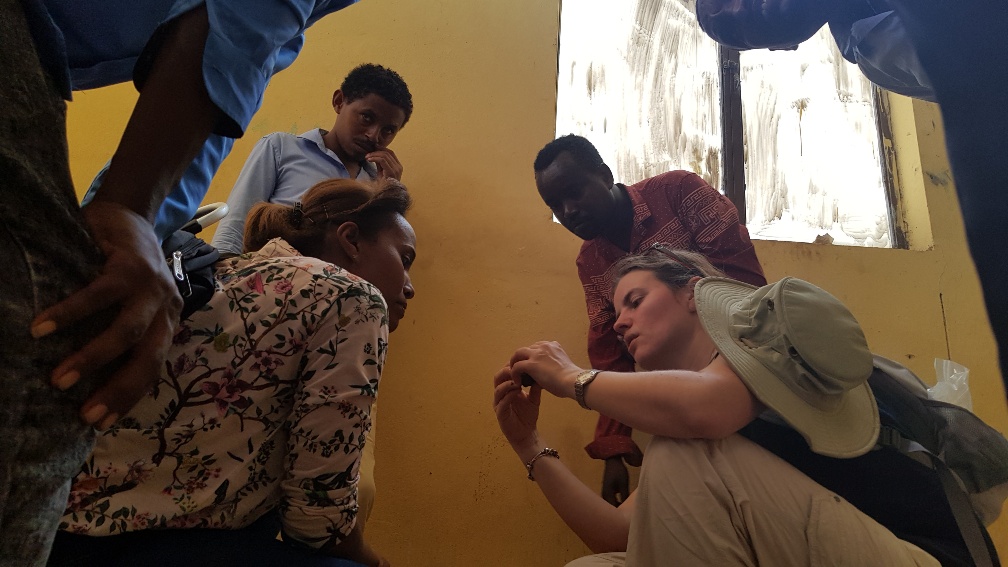Theory of change
VLIR-UOS proposes a Theory of Change (ToC) approach that outlines how and why VLIR-UOS can be expected to achieve its intended societal impact through changes by and in higher education institutes (HEIs), local communities/civil society, governments, and the private sector. All projects should fit in the generic Theory of Change for SI and TEAM projects. In the long run, Short Initiatives and TEAM projects are expected to contribute to more sustainable and equitable development by fostering application of solutions and evidence-based policies, a global community of skilled individuals who act as global citizens in relevant sectors, and knowledge-driven global partnerships.
By relying upon the SDG Principles of leaving no one behind, interconnectedness and multi-stakeholder partnerships as our compass, VLIR-UOS envisions that contributions to these impact areas will foster equality and inclusion in higher education systems and society at large. Moreover, depending on the thematic focus of the supported projects and resultant knowledge, the impact areas may reflect contributions to all global goals covered by the 2030 Agenda for Sustainable Development.
Strategic axes & 6 outcomes
To effectively contribute to these generic objectives, VLIR-UOS focuses on two strategic axes that mutually reinforce each other: (1) enabling HE&SIs to strengthen and take up their role as Drivers of Change and (2) enabling individuals to act as Agents of Change. Along these strategic axes, VLIR-UOS identifies six outcomes of which 2, 4 and 5 are the most important for SI and TEAM projects. Iindividual projects may choose to focus on a subset of outcomes depending on the priorities and needs of local stakeholders, but it must be noted that all SI and TEAM projects are mandated to ensure that their change process contributes to outcome 5. Each project is required to document their choices in their project-specific Theory of Change to ensure that they are consistent with the programme's vision for change. The six outcomes are:
1. Individuals apply relevant co-created knowledge, skills, and attitudes.
2. HE&SIs provide higher quality and more inclusive education.
3. HE&SIs make use of improved organisational systems, processes, and structures.
4. HE&SIs conduct higher quality and needs-oriented research.
5. HE&SIs create enhanced conditions for uptake of new knowledge, applications or services.
6. HE&SIs and their stakeholders engage in knowledge driven science-society interactions.
Domains of change
In general, SI and TEAM projects are expected to bring about outputs in six (project) domains of intermediate change: (1) Research programmes and methods, (2) Education programmes and methods, (3) Outreach and policy support, (4) People, (5) Systems, policies and infrastructure, (6) Networks and partnerships. Individual projects should undertake deliverables and activities that fit within the six domains through partnerships between HE&SIs and other local, national or global stakeholders. The deliverables, processes and changes in these domains are interlinked and not mutually exclusive. Thereby, it is important to keep in mind that expectations concerning these domains should vary for TEAM projects in view of their distinct scope (in terms of time and budget). It is important to state that the TEAM projects will document their choices and envisaged changes through a project-specific ToC.

.jpg)
